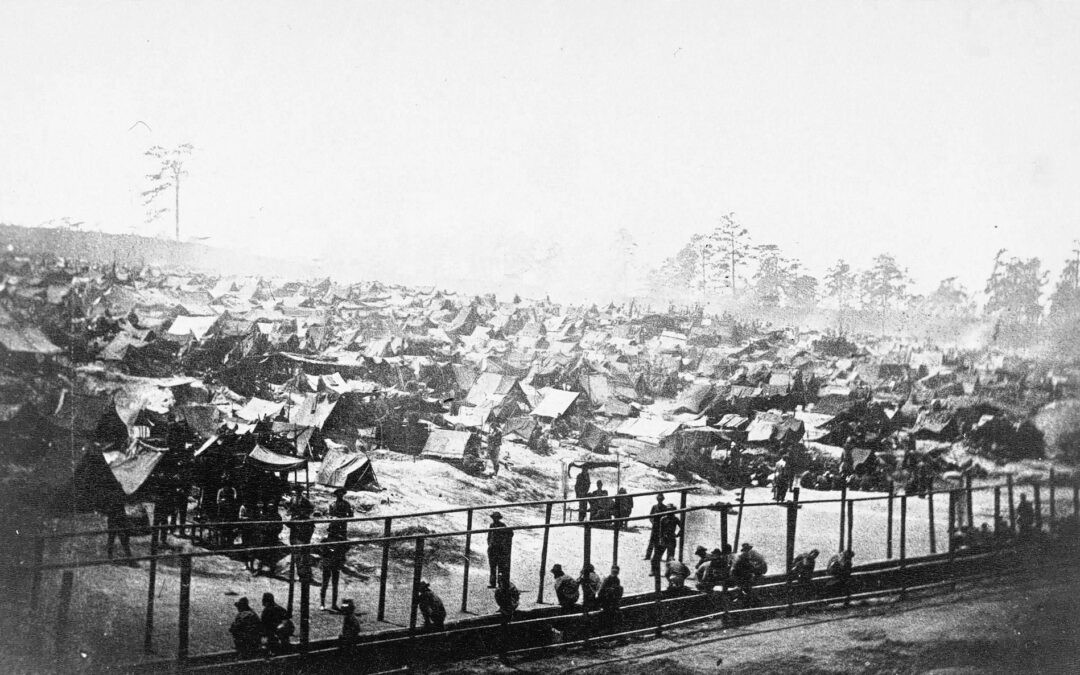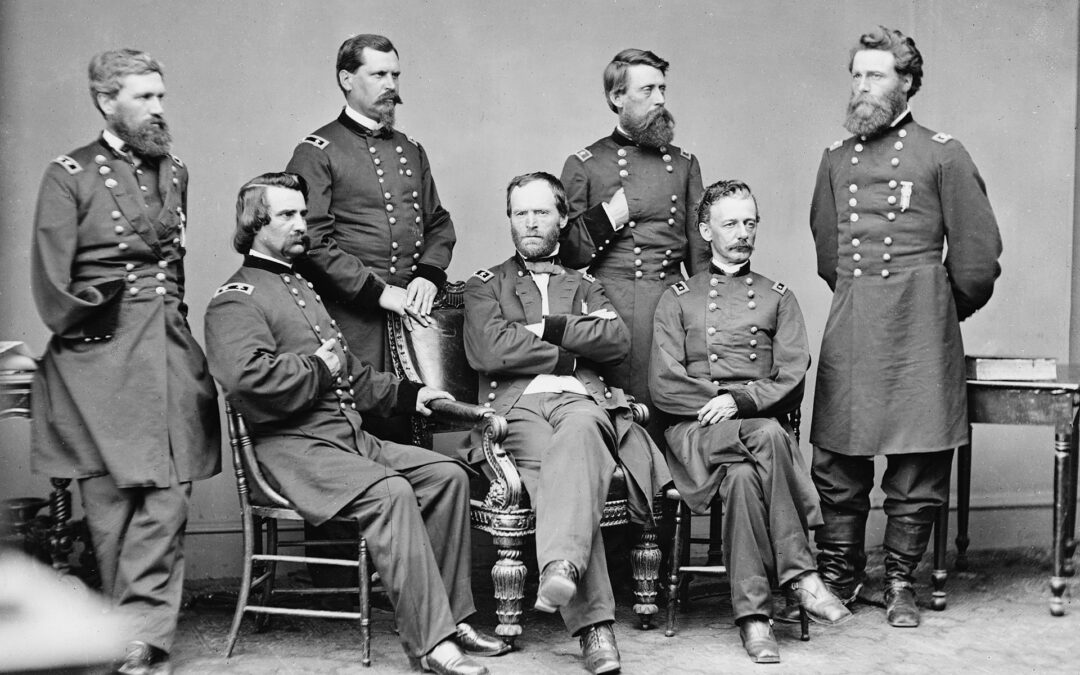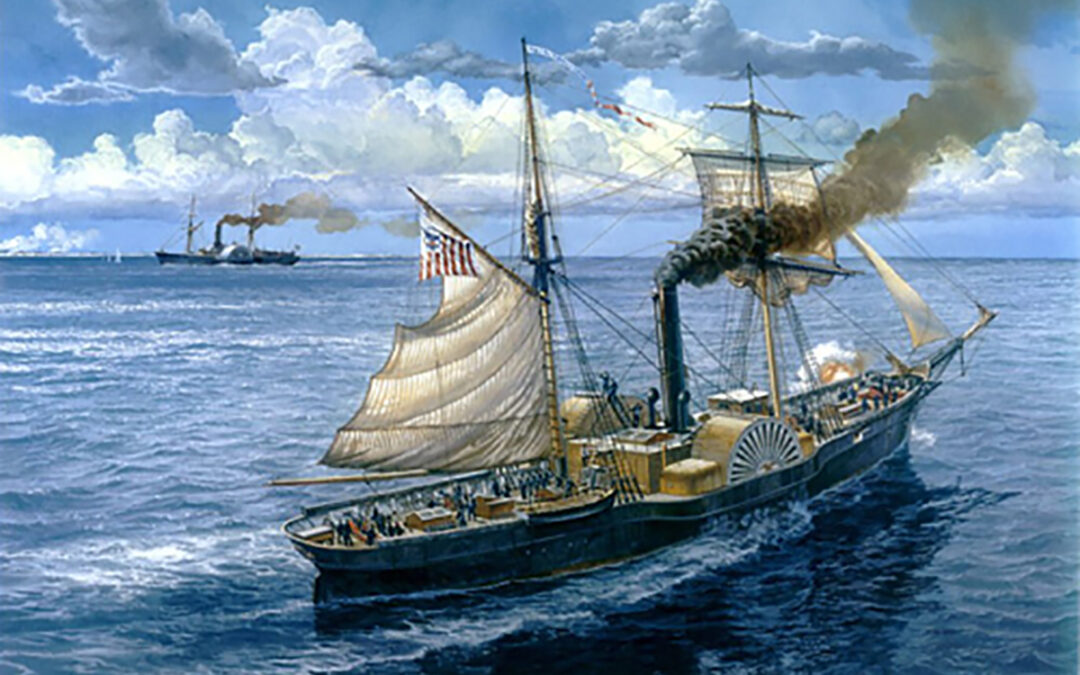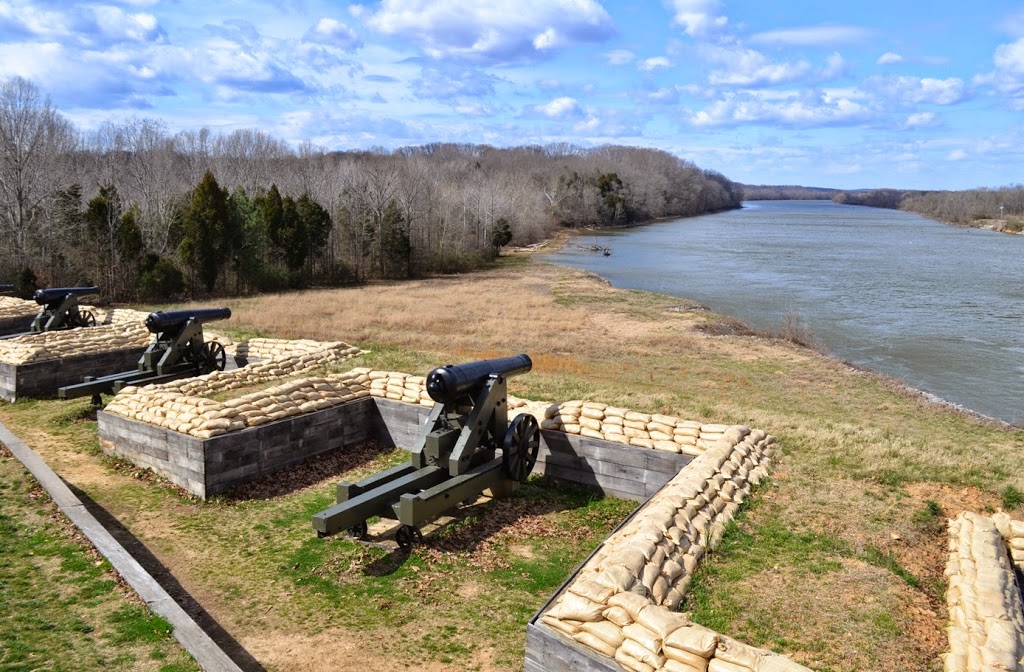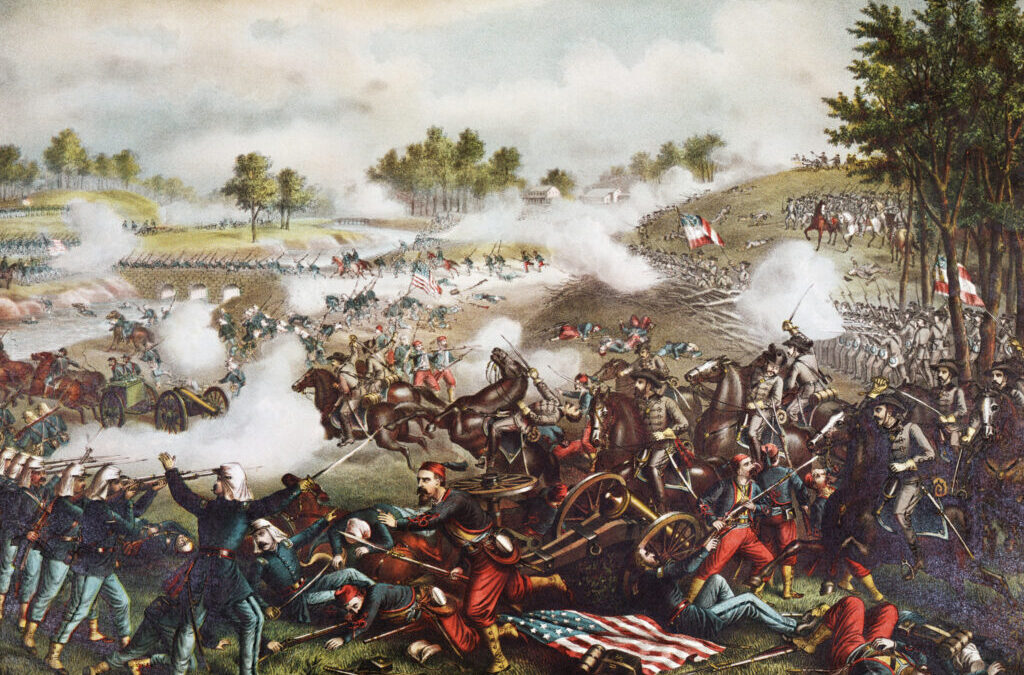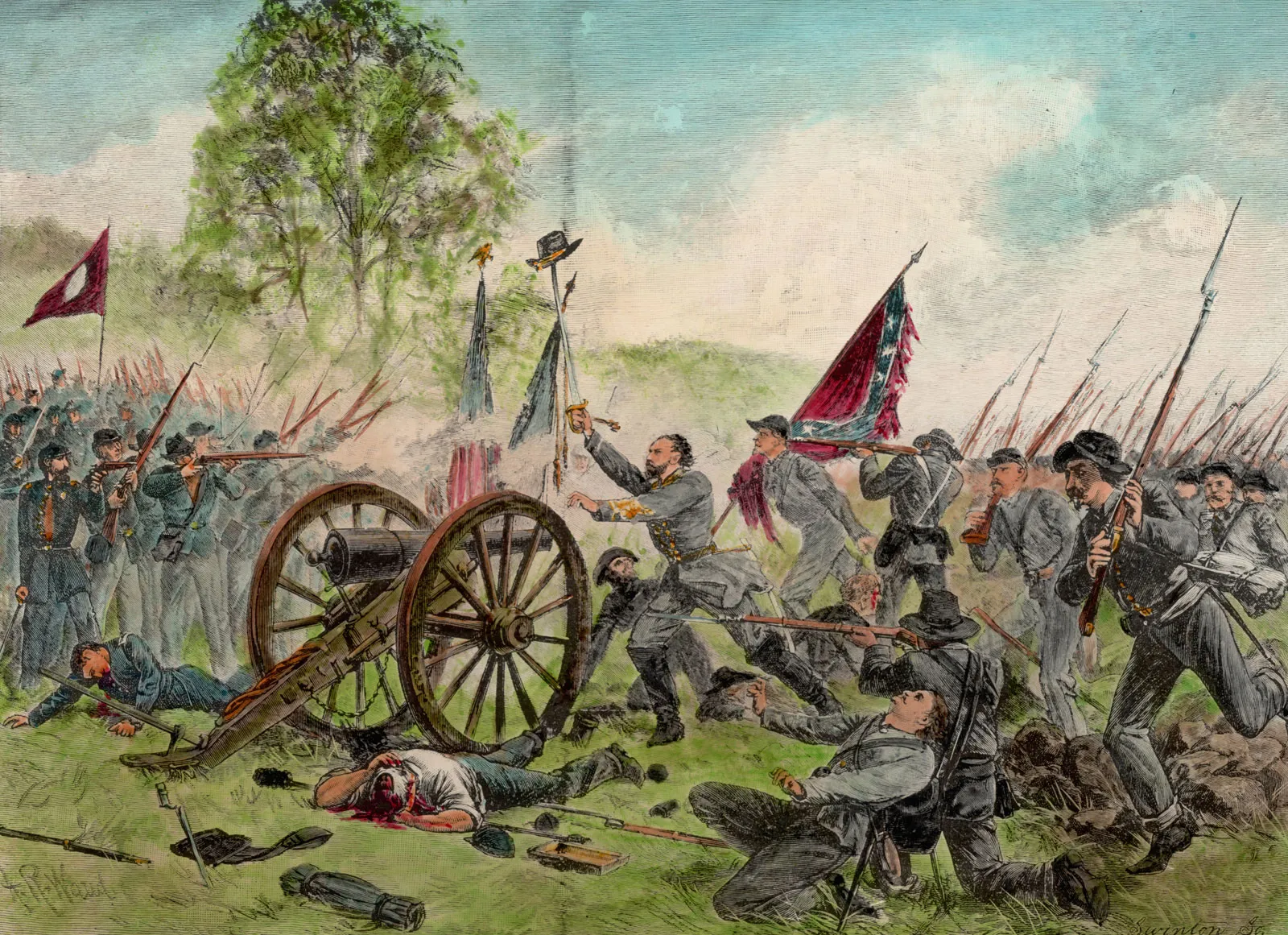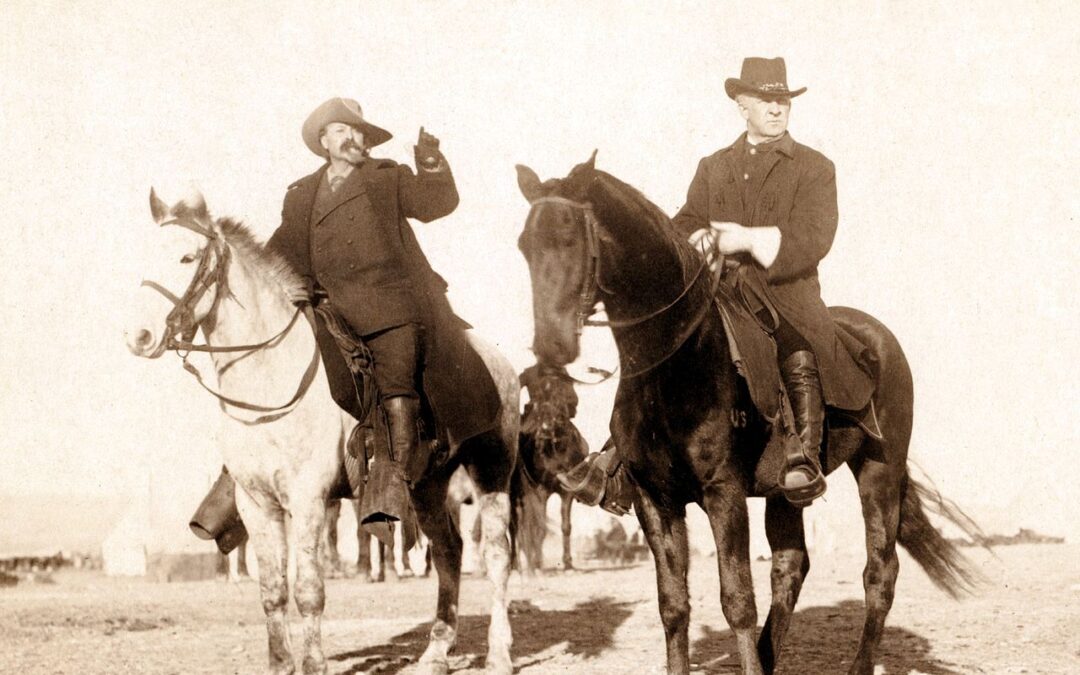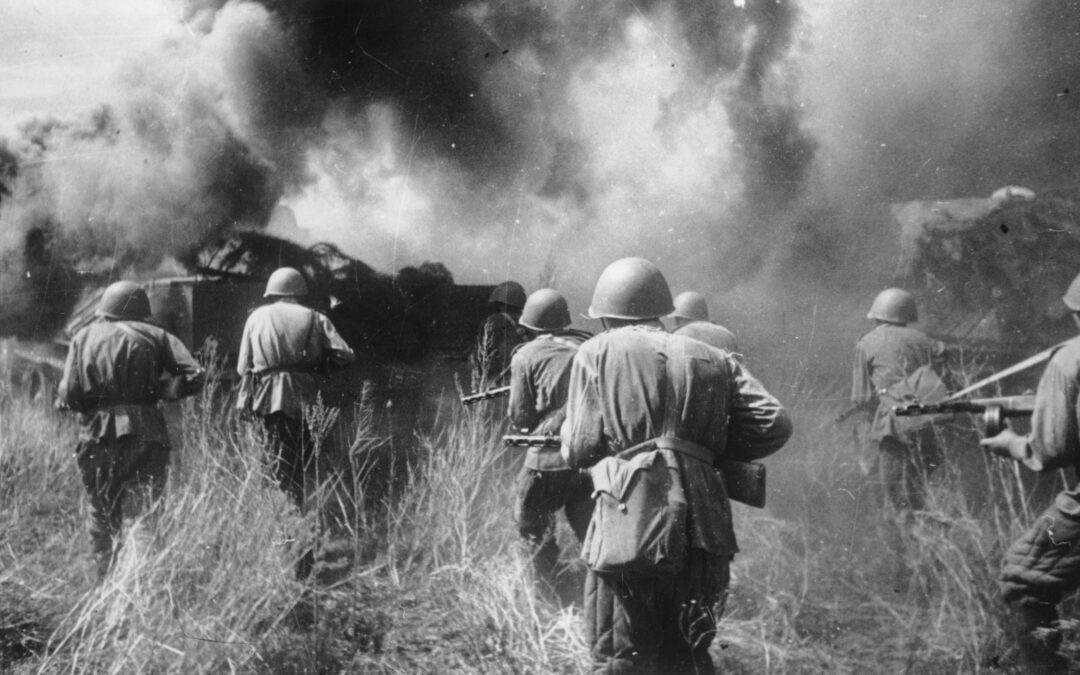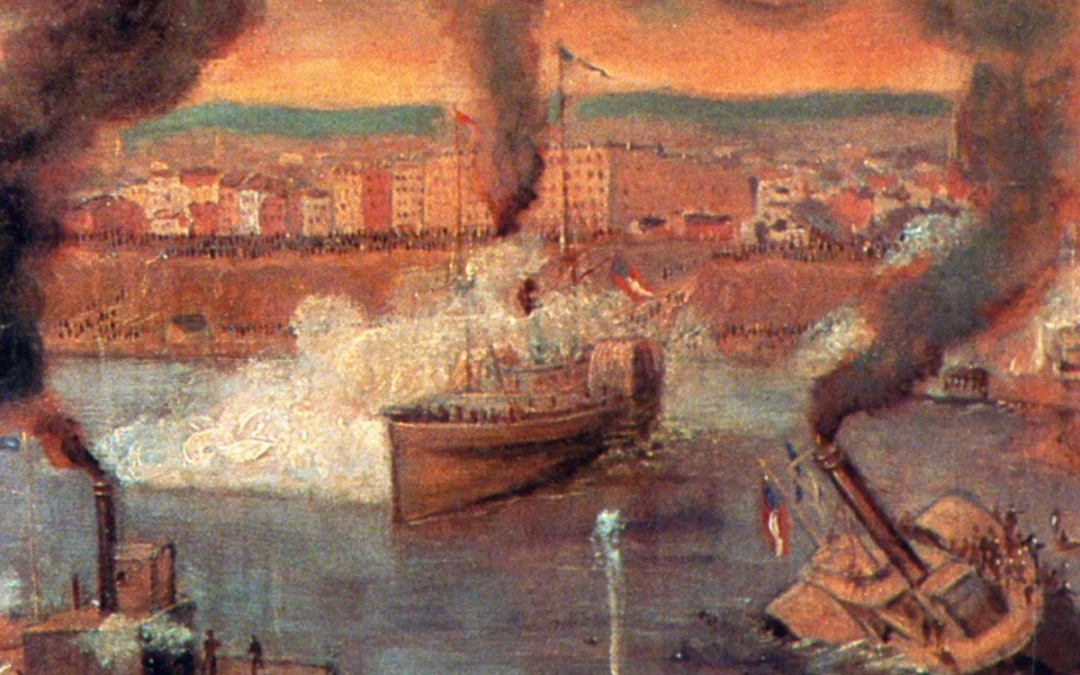What possesses a unit of soldiers to run headlong into a frontal assault on a heavily defended position, knowing that the chances of success aren't great and that they could die? Many might ask: aren't they scared? The answer is: of course they are. That's not really what matters at that moment, however. President Franklin D. Roosevelt once said, "Courage is not the absence of fear, but rather the assessment that something else is more important than fear." Nowhere in American military...

